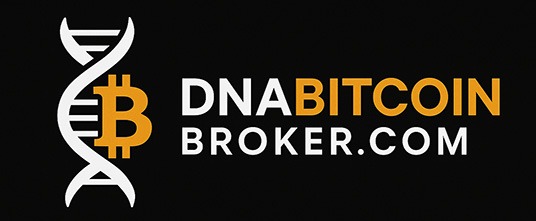The Markets in Crypto-Assets (MiCA) regulation has significantly changed European crypto regulations. The effects of the Markets in Crypto-Assets (MiCA) regulation on over-the-counter (OTC) trading have received scant attention compared to its impact on exchanges and Stablecoin issuers.
Now, traders conducting their business through OTC desks must fully comprehend how MiCA will affect their operations. This piece explores how MiCA establishes its regulatory system and shows OTC traders how to comply and the potential shift from exchanges to OTC trading.
MiCA’s Compliance Requirements for OTC Trading
The main goal of MiCA is to establish uniform Cryptocurrency regulations across European Union member countries. Although MiCA primarily regulates centralized exchanges and service providers, OTC desks, together with their clients, will need to follow its required compliance guidelines.
Key Compliance Challenges for OTC Traders:
- OTC desks will be required to conduct thorough KYC/AML checks on their clients. This entails identity verification, monitoring transactions, and reporting suspicious activities to regulatory bodies.
- MiCA is all about transparency. This means that OTC desks will also need to report trades above certain thresholds, which could limit the privacy traders have historically enjoyed.
- OTC desks within the EU must register and obtain the necessary licenses under MiCA’s framework—talk of compliance audits and minimum capital requirements, just like with traditional financial institutions.
Maintaining Privacy While Staying Compliant
A major concern for OTC traders is how to remain compliant and still uphold privacy. You can consider the following strategies:
- Using Regulated OTC Desks with Strong Data Protection Policies: Traders should work with desks with robust security and confidentiality measures, i.e., no data leaks.
- Leveraging Privacy-Focused Jurisdictions: While MiCA applies to the EU, traders may engage with OTC desks in other jurisdictions with less intrusive reporting requirements as long as it’s all legal.
- Exploring Layer 2 Solutions and Privacy Coins: Although MiCA targets privacy-focused Cryptocurrencies, traders can still use smart contracts and decentralized finance (DeFi) solutions, which come with some level of anonymity within legal boundaries.
- Splitting Large Transactions Over Time: Instead of making one large, reportable transaction, traders might opt for smaller, staggered trades that stay below reporting thresholds. Interesting, right?
Will MiCA Drive More Traders to OTC Desks Instead of Exchanges?
Ironically, while MiCA seeks to enhance transparency, it may end up driving more traders away from centralized exchanges.
Here’s why:
- Higher KYC Burden on Exchanges: Centralized exchanges will face even more scrutiny, which could make OTC desks a more attractive deal for traders looking for privacy.
- Liquidity & Flexibility: OTC desks often provide better liquidity and personalized service, making them a preferred choice for high-net-worth individuals and some institutional investors.
- Regulatory Arbitrage Opportunities: Some traders may seek OTC services in less restrictive jurisdictions while remaining compliant within the EU.
- Avoidance of Custodial Risks: Traders who like having total control of their funds may resort to non-custodial OTC solutions in response to MiCA’s additional compliance burdens on custodial exchanges.
All in all, MiCA represents a transformative approach to European Union crypto regulation, thereby affecting OTC trading operations. Implementing KYC procedures and reporting requirements will reduce privacy, but traders can still uphold confidentiality strategically.
Exchange supervision under MiCA will potentially drive traders to OTC platforms because those platforms come with the benefits of regulatory compliance within legal provisions. To follow evolving regulations and maintain market compliance and competition, OTC traders need to adapt to the marketplace transformations that are taking place continuously.
Image Source: Adobe Stock
Disclaimer: This article is purely for informational purposes. It is not offered or intended to be used for legal, tax, investment or financial advice.












